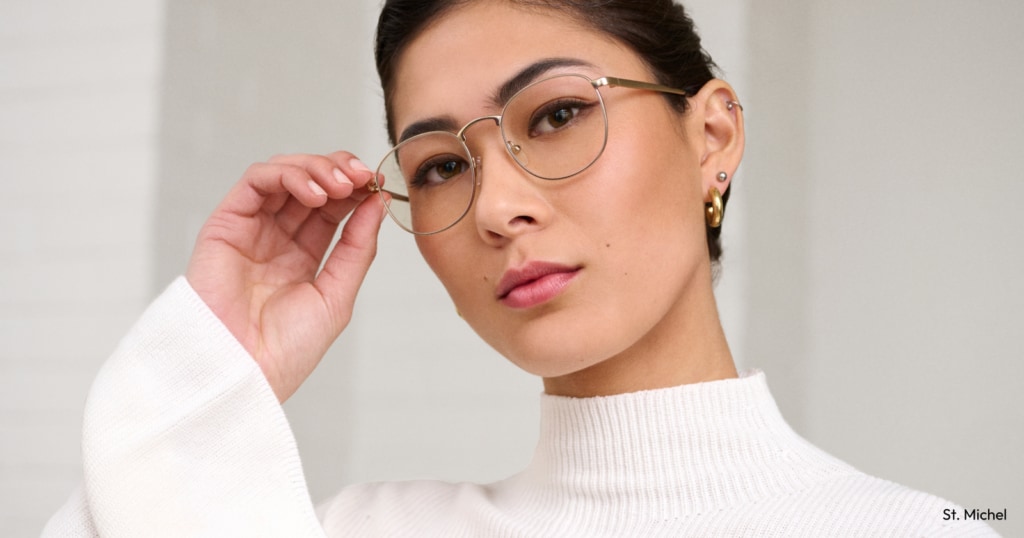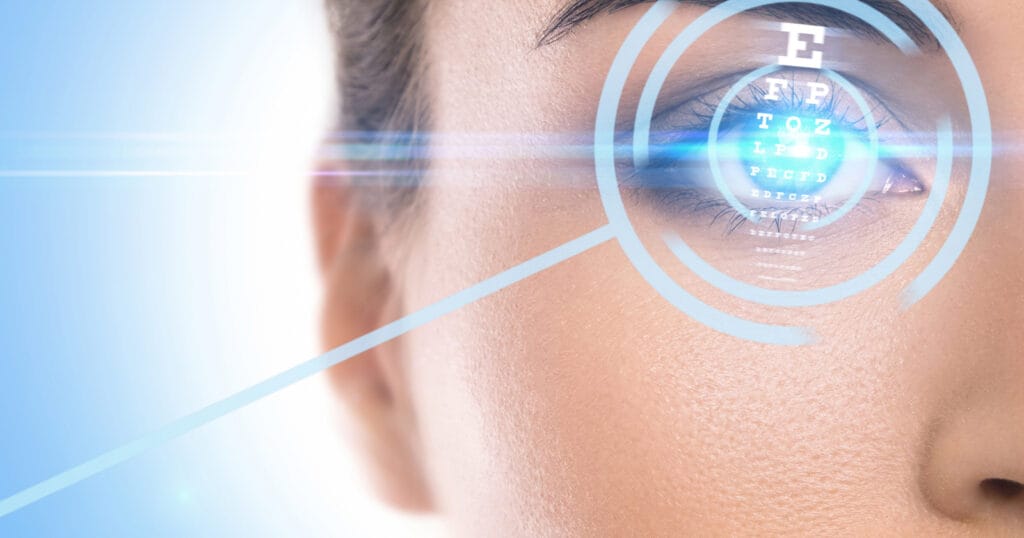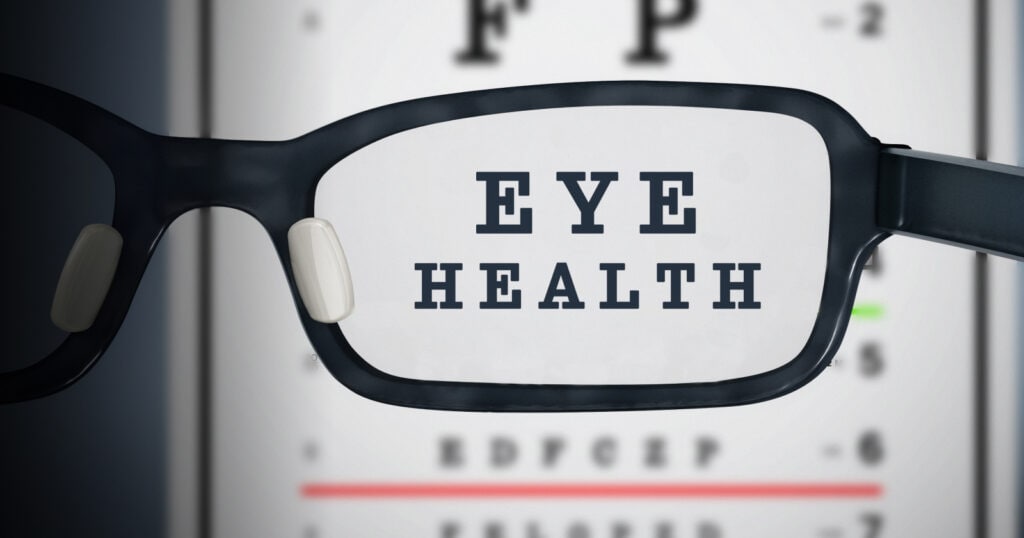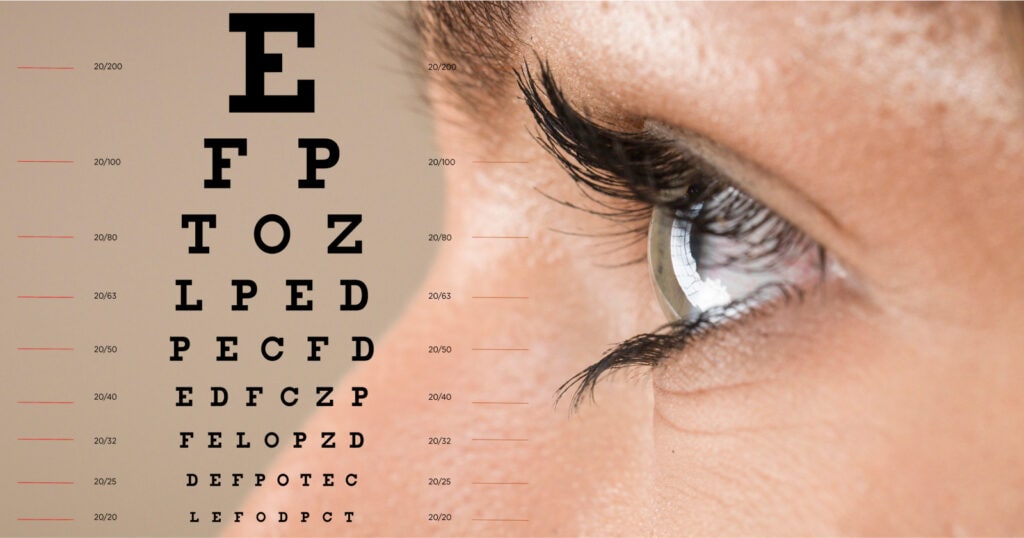A valid eye prescription ensures your glasses or contacts meet your current vision needs. Knowing how long prescriptions last is key for eye health. It helps you get new glasses or contacts on time. Plus, it reminds you to schedule eye...
Read articleDespite the myth, glasses don’t make your eyes weaker over time. Instead, they correct refractive errors like nearsightedness or farsightedness and help you see clearly. Understanding how glasses work can help clear up the confusion and...
Read articleSeeing clearly shouldn’t be a struggle. If you’ve been told you have 20/100 vision, you’re not alone. This level of visual acuity affects how you experience the world. Learning what it means and how to treat it is the...
Read articleReviewed by Thomas Stokkermans, OD, PhD, FAAO on September 23, 2024 Eye exams are an essential part of maintaining good vision and overall eye health. Whether you’re due for a routine check-up or need a more detailed evaluation,...
Read articleNot all sharp vision is the same. While many strive for 20/20, some reach even greater clarity. Knowing what makes 20/10 vision special helps us understand eye function. It also shows what can be achieved with the right care, correction, or...
Read articleVisual clarity affects everything from reading signs to driving safely. If you’ve been told you have 20/40 vision, it‘s important to know what that means, how it compares to standard vision, and what steps you can take to...
Read articleAstigmatism is a vision problem. It happens when the cornea or lens is uneven. This shape issue affects how light enters the eye. As a result, you see things distorted. This guide explores what it is, how it affects light perception,...
Read articleGetting new glasses can be exciting, but an adjustment period is often necessary. Initially, you may experience discomfort as your eyes and brain acclimate to the lenses. This sensation is normal and typically brief. Understanding the...
Read articleReviewed by Sonia Kelley, OD, MS on January 7, 2025 Many eye conditions are treated with eye drops, including uveitis, glaucoma, eye allergies, dry eyes, and more. Because these conditions affect your eyes and vision in different ways, they...
Read articleReviewed by Sonia Kelley, OD, MS on 12/2/2024 Vaping has become a popular alternative to smoking, but it shouldn’t be considered safe. Many users don’t know the health risks involved, especially to their eyes. While vaping might seem...
Read article









